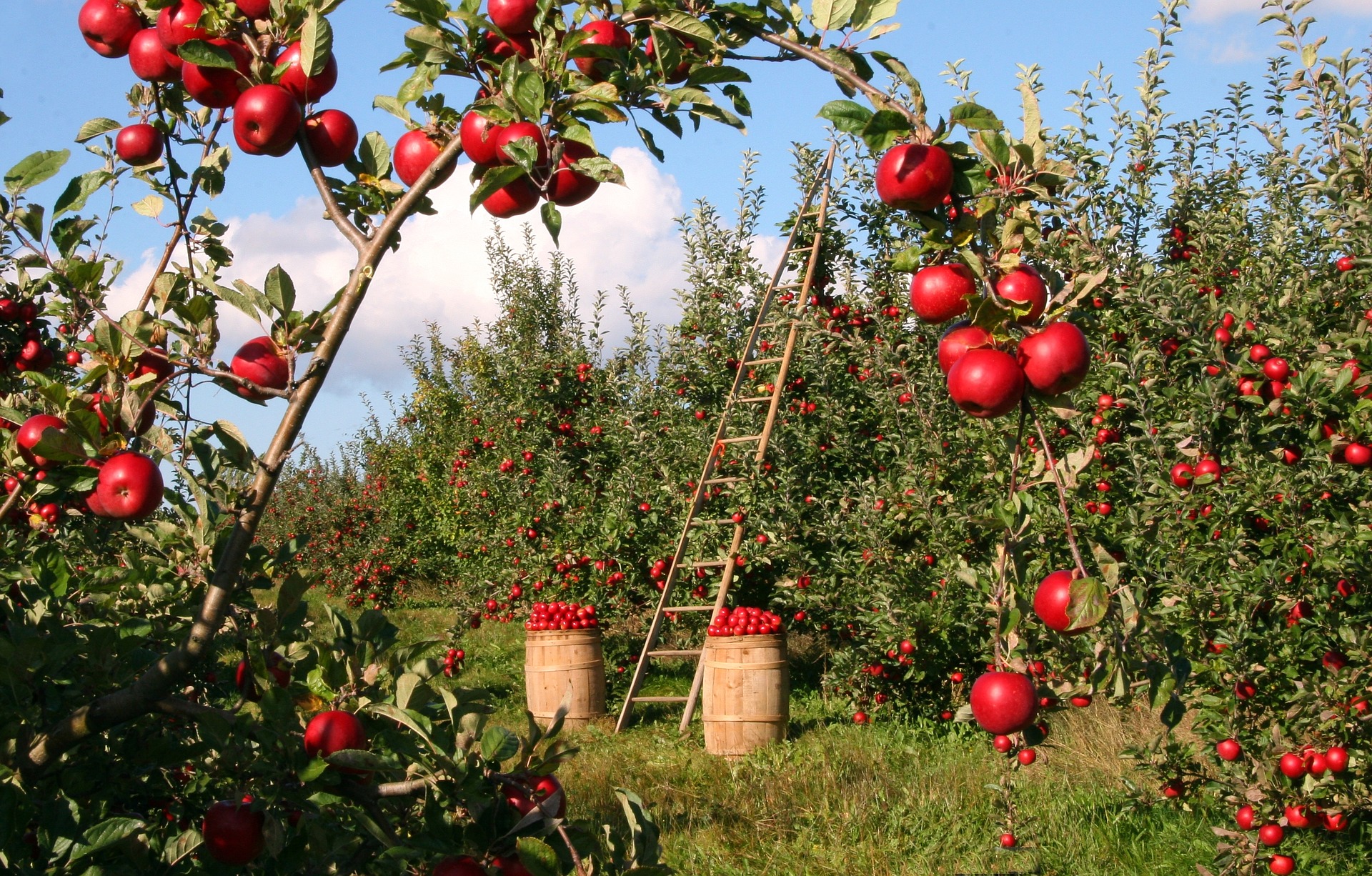Could Young Organic Farmers Stop Climate Change?
The next generation of organic farmers doesn’t just want to grow food-they want a better food system. And they need our help.
Author: Betsy Andrews
It’s difficult to exaggerate the beauty of Harrison Topp’s orchard. Not far from the town of Paonia on Colorado’s Western Slope, Topp farms 6 acres of organic stone fruit-plums, cherries, and newly planted peaches. His family’s property stands at 5,800 feet along the north fork of the Gunnison River. The orchard is ringed by majestic mountains under an enormous sky.
Pruned so that air and sunlight flow through their branches, Topp’s plum trees resemble upside-down brooms. Magenta-hued Elephant Heart plums swell on the branches, as do small oblong Stanleys, crimson Bloods, and Santa Rosas. All around them, cover crops grow: nitrogen-fixing legumes; brassicas and grasses; Queen Anne’s lace, asters, and buckwheat, their flower attracting pollinators. Thistle, wild roses, lavender, and asparagus thrive there, too. Hawks wheel overhead, and wild turkeys pop their heads up from out of the sea of greenery. The place is crazy with abundance.
Despite that, and also because of it, Harrison Topp would like other young farmers to know that organic agriculture isn’t a walk in the park. In his five years of farming here, he’s climbed a steep learning curve, and he’s had his share of heartache. The first year, he grew no fruit at all; he spent his time ripping out ailing trees he inherited from the previous farmers. In his third season, he watched as sawflies devoured his orchard, transforming healthy leaves into filigree within days. And this year, he lost the cherries to frost. He knows that three bad harvests in a row would ruin him, and, as it is, he holds down what amounts to three full-time jobs in order to make it work.
“‘Young farmer’ is a sexy title,” he says. “But it’s tough, especially with organics. When we lose a crop, we lose a crop. It’s sad and painful, but I put a lot of thinking into how to make this a long-term deal.”
At 30 years old, Topp is fiercely committed to this organic life-to cover crops and beneficial insects, to carbon sequestration and soil health, and most of all, to “producing substantive amounts of food for a substantive amount of people.”
To do that, he has devised a business plan that involves outside employment. Small and wiry with a broad smile, Topp works as membership director for the Rocky Mountain Farmers Union. When he’s not tending fruit trees, he travels from town to town organizing chapters and listening to growers so he can advocate for their needs. He’s met all types in the ag business. He will not disparage any farmer. But from his vantage point deep in the community, he sees the ideals of organic agriculture “moving closer and closer and closer to the future for many farmers.” An farmers like Topp are leading the way.

